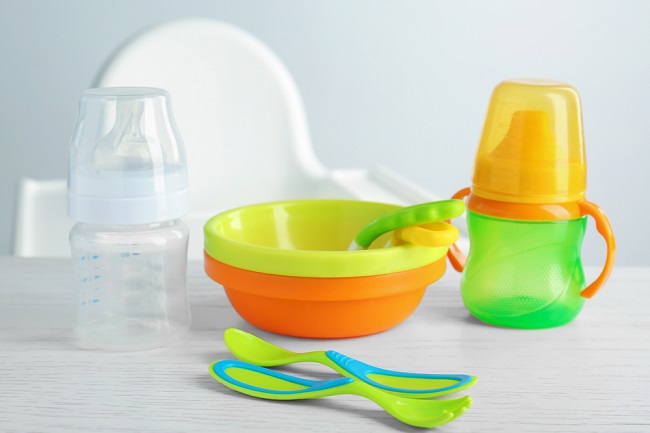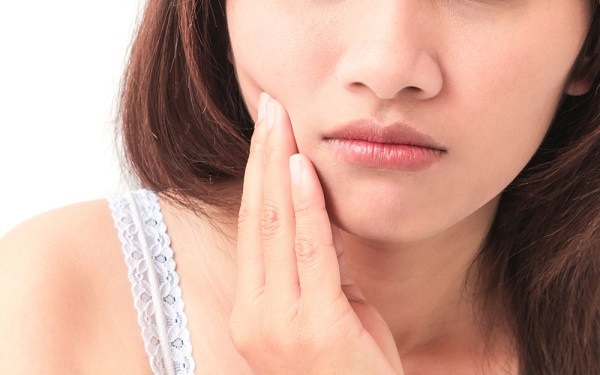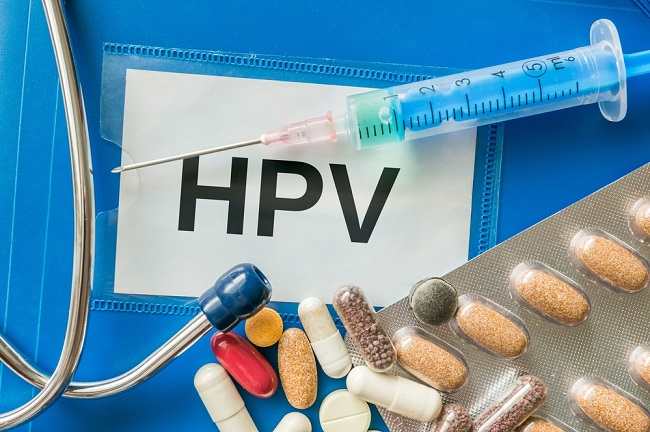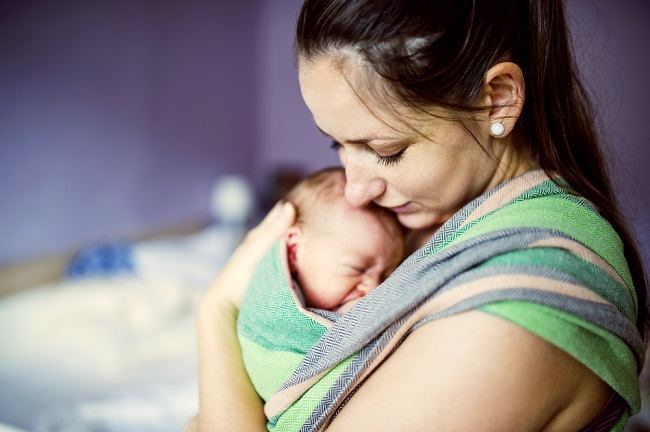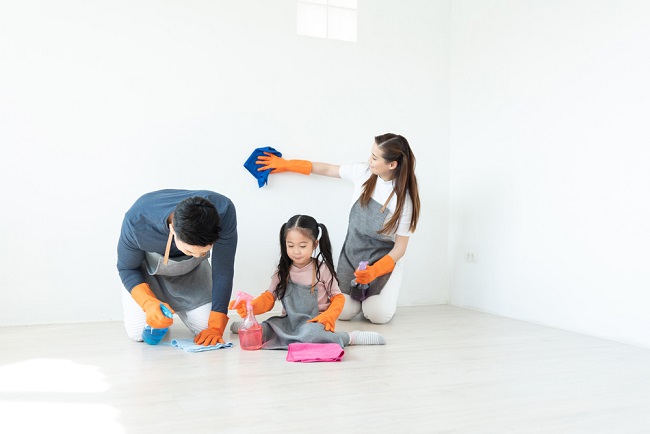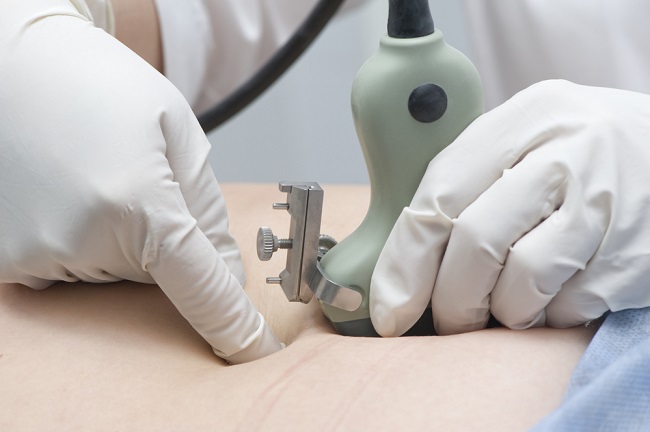Looking directly at the sun, even for just a few seconds, can cause serious damage to the eyes. Likewise, if you look directly at the sun without using a shield when a solar eclipse occurs.
Some people may think that it is okay to look directly at a solar eclipse, because the sky darkens when the sun is covered by the moon. In fact, seeing a solar eclipse directly can harm the eyes.

The Dangers of Staring at the Solar Eclipse Directly
Staring directly at a solar eclipse without a shield can cause solar retinopathy. Solar retinopathy occurs when too much ultraviolet (UV) light enters the retina and eventually damages the eye.
When it enters the eye, UV rays are focused by the lens and absorbed by the retina at the back of the eye. Once absorbed by the retina, UV light produces free radicals that begin to oxidize the tissue around the eye. As a result, the rods and cones in the retina are damaged. This condition is known as solar retinopathy.
People who experience solar retinopathy generally do not experience symptoms right away or do not experience any symptoms at all. Symptoms of solar retinopathy appear a few hours to 12 hours later, which include:
- Discomfort in the eyes when looking at bright light.
- Sore eyes.
- Watery eyes.
- Headache.
In more serious conditions, the eyes may experience:
- Blurred or ghosted vision.
- Decreased ability to see color and shape
- There is a black spot in the middle of the eye.
- Permanent eye damage.
Symptoms may improve on their own, but can take a month to a year to heal. Permanent eye damage is also possible, especially if the retinal damage is severe.
How to Protect Your Eyes When Staring at a Solar Eclipse
In 2017, an American woman reported eye damage after staring directly at a solar eclipse for 21 seconds without wearing eye protection. A few hours later, he experienced blurred vision and could only see black. Experts later discovered that his retina was burned and that there had been eye damage at the cellular level. The woman was diagnosed with solar retinopathy.
The incident above emphasizes the dangers of looking directly at a solar eclipse without eye protection. Therefore, you need to use protection before witnessing a solar eclipse.
Use special glasses to view the solar eclipse. These glasses generally use a special filter that can reduce the intensity of sunlight. Don't wear regular sunglasses, no matter how dark the lenses are.
How to see a solar eclipse also needs to be considered. Instead of focusing too much on the sun, look away for a few moments before looking at him again. When the solar eclipse reaches its peak, i.e. it is completely closed and the sky becomes dark, the glasses can be removed. The beauty of a total solar eclipse can be witnessed directly without using a protector. However, a total solar eclipse only lasts for a few moments, so after the sun rises, the shield must be used again so that sunlight does not damage the retina.
Also avoid viewing the solar eclipse directly through a telescope, binoculars, camera lens, or cell phone lens, unless a special filter has been installed on the lens. In addition, there is a chance that you may accidentally look directly at the solar eclipse while using these tools.
Watching a solar eclipse can be a rewarding experience because of the rarity of this phenomenon. However, after knowing the dangers of a solar eclipse if you look directly at it, you are expected to be more alert and prepare yourself before watching it. If there are visual disturbances or problems with the eyes after gazing at a solar eclipse, immediately consult an ophthalmologist.



